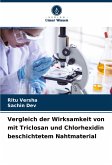
Broschiertes Buch
28. November 2024
Verlag Unser Wissen
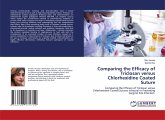
Broschiertes Buch
Comparing the Efficacy of Triclosan versus Chlorhexidine Coated Sutures intraoral in Preventing Surgical Site Infection
25. Oktober 2024
LAP Lambert Academic Publishing
Broschiertes Buch
Confronto dell'efficacia delle suture intraorali rivestite di triclosan rispetto a quelle rivestite di clorexidina nella prevenzione dell'infezione del sito chirurgico
28. November 2024
Edizioni Sapienza
Broschiertes Buch
Vergelijking van de effectiviteit van intraorale hechtingen met Triclosan versus Chloorhexidinecoating bij het voorkomen van chirurgische wondinfecties
28. November 2024
Uitgeverij Onze Kennis
Broschiertes Buch
Comparação da eficácia de suturas intra-orais revestidas com triclosan versus clorexidina na prevenção da infeção do local da cirurgia
28. November 2024
Edições Nosso Conhecimento
Broschiertes Buch
Comparaison de l'efficacité des sutures intra-orales enduites de Triclosan et de Chlorhexidine dans la prévention des infections du site opératoire
28. November 2024
Editions Notre Savoir
Ähnliche Artikel
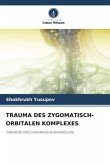
Broschiertes Buch
DIAGNOSE UND CHIRURGISCHE BEHANDLUNG
22. November 2023
Verlag Unser Wissen

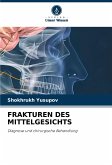
Broschiertes Buch
Diagnose und chirurgische Behandlung
30. Juli 2024
Verlag Unser Wissen
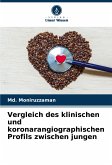
Broschiertes Buch
30. August 2024
Verlag Unser Wissen
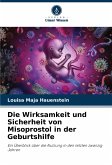
Broschiertes Buch
Ein Überblick über die Nutzung in den letzten zwanzig Jahren
23. November 2024
Verlag Unser Wissen
Ähnlichkeitssuche: Fact®Finder von OMIKRON
